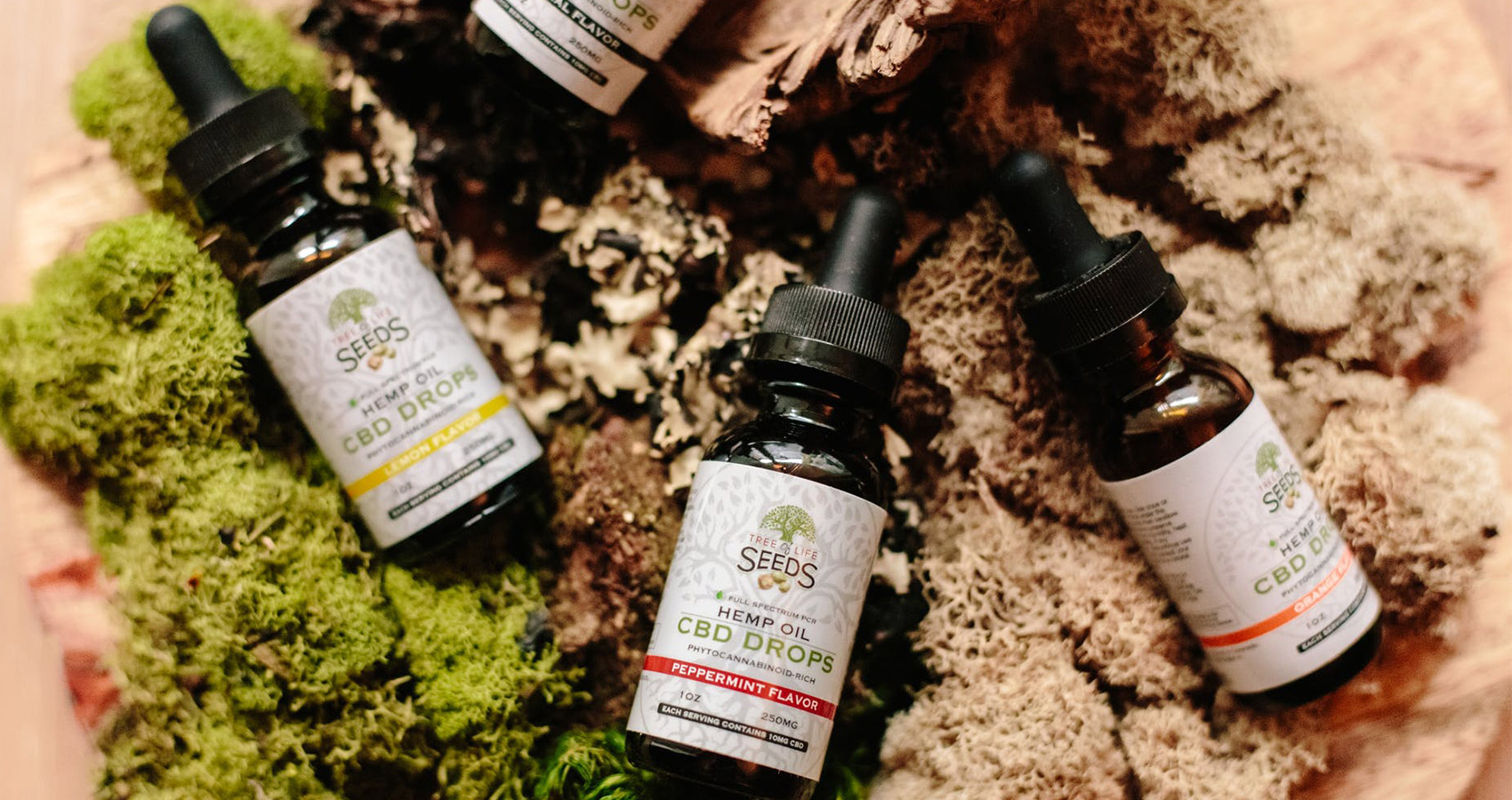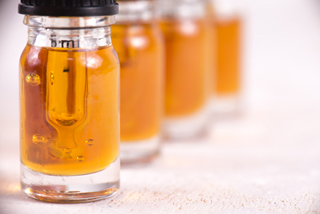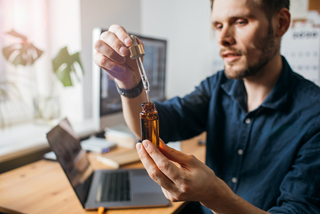
CBD Oil vs CBD Tincture: Which Is Right for You?
The differences that might change your opinion.
Undoubtedly, you have heard the hype surrounding cannabidiol, or CBD, the exciting extract from cannabis. Research continues to reveal new and valuable benefits of CBD, like applications in anxiety management, pain relief, sleep support and more. Already, CBD is the active ingredient in an FDA-approved pharmaceutical, and it is likely to show up more and more as scientists and doctors unlock more of the compound’s secrets. There are already hundreds of products lines on the market. The question is how safe are they. Nonetheless, we advise products like Delta 8 bundle deals if you are only diving in the world of CBD.

If you are interested in using CBD to improve your health and wellness, you have an important decision to make: oil or tincture? Here’s a quick rundown of the differences and benefits of each option.
What CBD Oils Are
As the name suggests, CBD oil is an oil extraction from the cannabis plant. Oils can be used in myriad ways, from administering drops under the tongue to mixing oils with foods and even applying oil topically to the skin. In most oils, the CBD extraction is often paired with a carrier oil, like coconut or MCT oil, to make it easier for the body to absorb the compounds. There are some manufacturers that add flavorings to make the product more palatable for those who dropper them orally.
Like all CBD products, CBD oils are not psychoactive — but that doesn’t mean they are totally bereft of all other cannabinoid content. The extraction process works by stripping plant material away from fats, which carry cannabinoids and terpenes; the cannabis must have a high CBD content and a low THC content to stat to ensure that it does not provide psychoactive effects, but most manufacturers do not bother trying to remove all other cannabinoids and terpenes besides CBD. CBD isolate oils are much more expensive because they require more processing as well as higher-quality raw materials. You are much more likely to find full-spectrum CBD oils, which have some THC and terpenes, or broad-spectrum CBD oils, which lack THC but retain terpenes.
Pros
-
CBD oils are easy to use, even for cannabis beginners. Oils are user-friendly and not intimidating, even if you have never used a cannabis product before.
-
CBD oils offer an accessible and affordable CBD option. CBD oils are available over-the-counter in almost every state, meaning you almost certainly have access to them, and high-quality CBD oils are available at dispensaries, like these weed shops in California.
-
CBD oils are among the most effective ways to manage dosage. When administered sublingually, CBD oil absorbs directly into the bloodstream. This makes it easier to manage dosage than other methods, like smoking or edibles.
Cons
-
CBD oils can be expensive. Depending on the potency and purity you want, you could pay upwards of $20 per milligram — or more if you have to visit a dispensary high-tax state.
-
CBD oils do not last long on the shelf. CBD oils can expire, developing a foggy quality and losing potency meaning you need to use them fast.
-
CBD oils usually don’t taste good. CBD oils retain the bitter, vegetal taste of cannabis, which isn’t pleasant on the tongue.
What CBD Tinctures Are

Technically a tincture is any medicine that has been dissolved in alcohol, and it follows that CBD tinctures are the same. Usually, CBD tinctures consist of between 60 and 70 percent ethyl alcohol, which tends to be flavorless grain alcohol but can take the form of any drinkable alcohol, like vodka or even brandy. This type of alcohol is safe to ingest — though too much of it will make you drunk and could cause other health concerns.
Most often, tinctures are administered sublingually, under the tongue, but like oils they can be mixed into food or beverages and consumed.
In addition to adding CBD to alcohol, manufacturers tend to mix in additional compounds to increase the healing effects and improve the experience of using the tincture. For example, many tinctures include vitamin blends, especially vitamins B12, D and C. It is also not uncommon to see essential oils added to CBD tinctures, which can boost terpene profiles and provide bonus effects. It is worth noting that you can make your own tinctures at home by combining CBD oil, alcohol and other compounds.
Pros
-
Tinctures offer a more enjoyable taste. Thanks to essential oils and other flavorings, tinctures are much more palatable.
-
Tinctures are more customizable. Because you can craft your own tinctures, you can develop a CBD treatment that suits your precise tastes and needs.
-
Tinctures last longer on the shelf. Alcohol is a preservative, so tinctures are a bit more stable and less likely to degrade over time.
Cons
-
Tinctures contain extra ingredients you might not want. It is possible that you don’t want alcohol, essential oils, vitamins or other additives, which come pre-mixed into some tinctures.
-
Tinctures usually don’t have high potency. If you need a high dose of CBD to manage a serious health condition, you might not be able to find the right dosage in a tincture.
It is important that you mark the difference between oils and tinctures because they are not one and the same. You might try a bit of each CBD option to determine which suits your lifestyle best.











